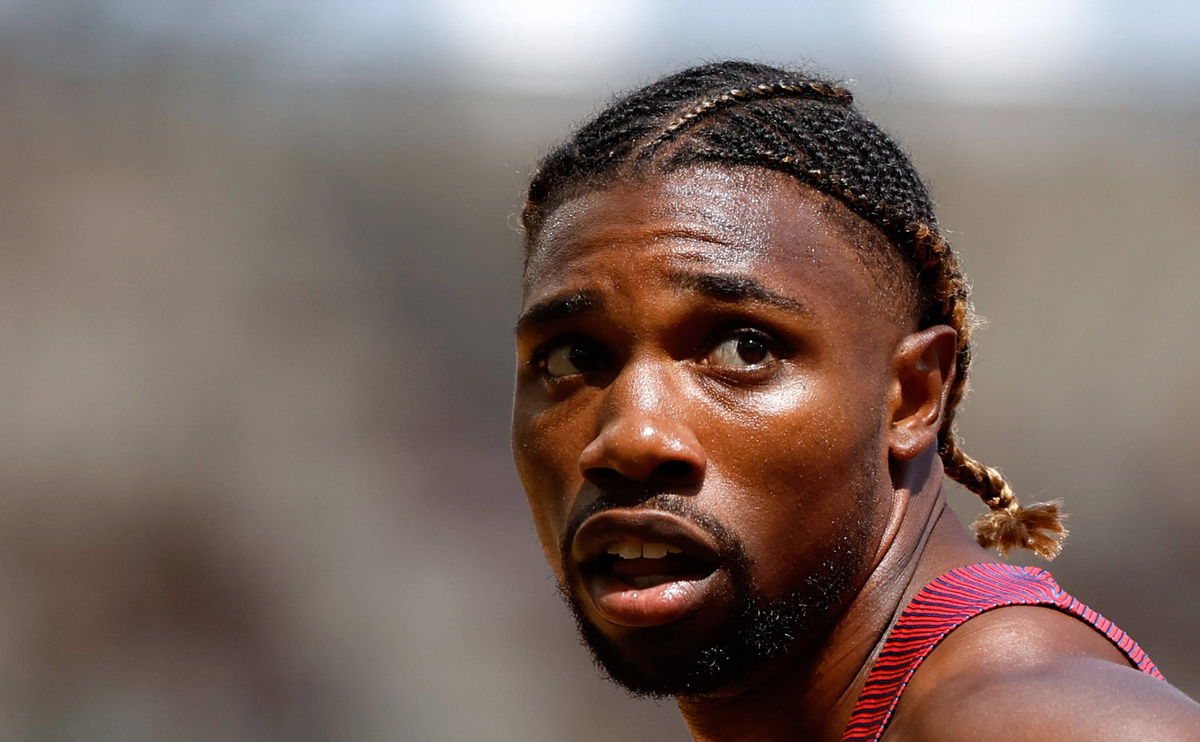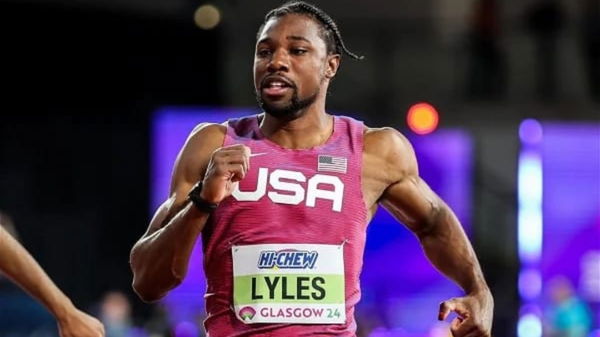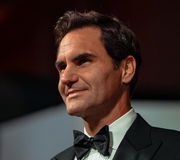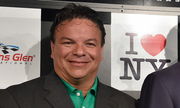
Imago
230823 — BUDAPEST, Aug. 23, 2023 — Noah Lyles of the United States reacts after the Men s 200m Heats of the World Athletics Championships Budapest 2023 in Budapest, Hungary on Aug. 23, 2023. SPHUNGARY-BUDAPEST-ATHLETICS-WORLD CHAMPIONSHIPS-DAY 5 WangxLili PUBLICATIONxNOTxINxCHN

Imago
230823 — BUDAPEST, Aug. 23, 2023 — Noah Lyles of the United States reacts after the Men s 200m Heats of the World Athletics Championships Budapest 2023 in Budapest, Hungary on Aug. 23, 2023. SPHUNGARY-BUDAPEST-ATHLETICS-WORLD CHAMPIONSHIPS-DAY 5 WangxLili PUBLICATIONxNOTxINxCHN
American sprinter Noah Lyles has made headlines once again, but this time it’s not for his athletic prowess on the track. Lyles, who had high hopes for the Tokyo Olympics, recently opened up about the disappointment and struggles he faced during the marquee event. Despite being a favorite to win gold, Lyles went through numerous challenges that left him unable to perform at his best. In a candid reflection, he revealed how the Tokyo Olympics haunted him.
Watch What’s Trending Now!
With a renewed focus and a clear mind, Lyles is determined to make his mark in Paris. This year, Lyles aims to go past Usain Bolt and win a quadruple medal at the Paris Olympics. This journey of ambition promises to be one of the most compelling stories leading up to the Paris Olympics.
ADVERTISEMENT
Noah Lyles opens up about his battle with clinical depression
In a recent interview with The Times, Noah Lyles discussed his personal goals for the Paris Olympics and why this year more than ever he is ready to take on the challenge. In 2021, after winning a Bronze in the 200m, Lyles spoke out about experiencing racism in America. It affected him deeply. But he made the brave decision to come off of antidepressants that “numbed him.” He is reportedly better now, “I’m not depressed, for sure,” he said, adding “The pills are in the past.” “Thankfully, I’m not coming off antidepressants [this time]. Every so often I will go back and watch my races from 2021 and I don’t know who that man is running. I’ve never seen that man before in my life. I’m not him. It’s been like that for the last two years, but especially this one,” he said.

ADVERTISEMENT
When he looks back on his past performances, especially those during the Tokyo Olympics, Lyles sees no “charisma” in his eyes, “Everything looked dull.” According to the sprinter, he was just trying to get the race over with and trying to survive. His whole family noticed this problem. In an interview with Sports Illustrated, Lyles’ mother Keisha Bishop had recalled how during the Tokyo Olympics, Noah was “very irritable” and there was no light in his eyes. A sure sign of her son’s dwindling mental health. Bishop had introduced Lyles to therapy years ago, but he was only officially diagnosed with clinical depression in 2020.
ADVERTISEMENT
He was then prescribed Zoloft, which unfortunately is also a performance-diminishing drug. Lyles said, “The job of the medication was basically to neutralize my mood,” adding, “It got me out of the darker areas of my mind, but when I tried to reach higher than normal, it would always keep me buffered at what it considered a normal, calm behaviour.” So his 2021 Olympic pursuit was beyond just winning a race, he had to also battle it out against depression and the side effects of medications. This is when Lyles resolved to improve his mental health without medication. After all, he’d succeeded in triumphing over other medical setbacks in the past.
Top Stories
Sean Payton Announces Retirement Plans as Broncos HC Demands Improvement From Bo Nix & Co. Before Playoffs

Greg Biffle’s $4M Worth Prized Possession Still Without a Buyer Leaves NASCAR Fans Heartbroken

LIV Golf Braces for Another Possible Exit in Wake of Brooks Koepka Departure

Biff Poggi All But Confirms Bryce Underwood’s Michigan Future After Announcing His Own Departure

Roger Federer Draws Criticism from Swiss Government Chief for Tourism Boom in Country

NASCAR World Mourns as Former Watkins Glen President Michael Printup Passes Away at 60

Battling asthma and more: Noah Lyles’ journey to triumph
Noah Lyles has not just faced mental hiccups, his physical ailments have also been a source of concern. Keisha Bishop had once said that Noah was a natural at the sport, given both his parents were sprinters at Seton Hall. However, what held him back was his asthma. At just 5 years old, Lyles was diagnosed with reactive airway disease. He would need a nebulizer every couple of hours. Sometimes he could not eat because of how hard he was coughing. When his parents took him to the hospital, Bishop recalls Lyles saying, “Mom, can you please tell the doctor to please help me stop coughing?”
ADVERTISEMENT
It was owing to this condition that he was homeschooled as well. By the age of 7, Lyles already had an adenoidectomy and a tonsillectomy. On some days, his asthma got bad enough that he could not go outside and play with other kids his age. Reflecting about those days, Lyles had told Reuters, “I had to have my tonsils removed at six years old and there wasn’t really a day in my early childhood where I don’t remember going to the hospital, being on a breathing machine or being in the middle of the night and having to go to hospital because my chest was so restricted.”
Despite all that he went through, this taught him the importance of being healthy. Even an allergy-induced coughing fit wouldn’t slow him down. As such incidents showcase, Noah Lyles’ success is one forged through incredible determination. As he etches his name deeper into the history of sprinting, his well-wishers cheer him on.
ADVERTISEMENT
ADVERTISEMENT
ADVERTISEMENT

